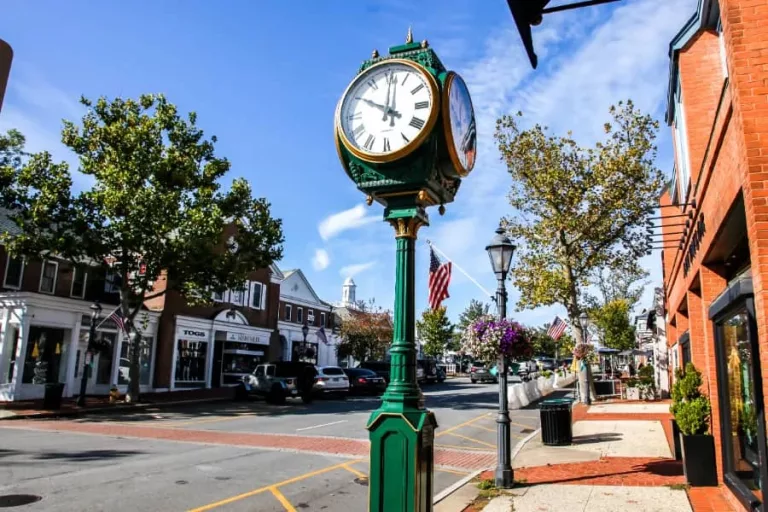By Rev. Msgr. Robert Kinnally
In his poem, “The Definition of Gardening,” James Tate (1943-2015) offers a passionate description of a favorite act of springtime and summer:
“Horticulture is a groping in the dark
into the obscure and unfamiliar,
kneeling before a disinterested secret,
slapping it, punching it like a Chinese puzzle,
birdbrained, babbling gibberish, dig and
destroy, pull out and apply salt,
hoe and spray, before it spreads, burn roots,
where not desired, with gloved hands, poisonous,
the self-sacrifice of it, the self-love,
into the interior, thunderclap, excruciating,
through the nose, the earsplitting necrology
of it, the withering, shriveling,
the handy hose holder and Persian insect powder
and smut fungi, the enemies of the iris,
wireworms are worse than their parents,
there is no way out, flowers as big as heads,
pock-marked, disfigured, blinking insolently
at me, the me who so loves to garden
because it prevents the heaving of the ground
and the untimely death of porch furniture,
and dark, murky days in a large city
and the dream home under a permanent storm
is also a factor to keep in mind.”
Tate speaks of the mysterious and sacrificial art of digging in the dirt to give life to plant and flower. In this adventure of manipulating soil, root and vine, the gardener spends time loving what he is doing while navigating the frustrations of managing blight and bemoaning malformed blooms. Despite any disappointments, the gardener continues gardening because the alternatives (“heaved ground” and “murky days in a large city”) are anything but life-giving.
If I were so bold as to place the craft of gardening in a spiritual context, I would say that it is the messy and satisfying work of loving, nurturing, and pruning to ensure that what is alive can thrive.
I’ve always been impressed by gardeners, and growing up next door to two very talented gardeners, you would think that I would be somewhat adept at planting and producing good fruit. Not exactly; and here’s the story: At the age of ten and determined to plant a robust vegetable garden, I decided to start small. I secured a packet of carrot seeds, dug out a bed in the soil, watered, and waited. After “the appointed time” as Scripture puts it, I reaped a harvest of miniscule orange-brown twigs. The disappointment was great, and my parents suggested I consult Mr. Kelly, one of our gifted gardener neighbors. Explaining how I went about embarking on starting my carrot farm, Mr. Kelly listened intently, and when I finished, he looked up and waxed eloquent on my agrarian errors: “Robert, it’s all about the soil and you did not feed the soil, you didn’t water it enough and you didn’t get in there with your hands and turn the soil and pull out roots that might choke the carrots as they grow under the ground. You have to get in there and prepare a place for the carrots to grow and grow and grow!”
God has loved us into being and continues to love us and provide the fertile soil of opportunities that shape us and prune us so that we become the beautiful children of God we are meant to be. God feeds us with sacrament, grace, the light of truth, and the gift of relationships so that we grow and thrive. The process can be messy as “we live and move and have our being” (Act17:28), but the challenges and sacrifices prune away the obstacles that prevent us from being close to the One who gives us life. In sum, God is always creating and re-creating us in his image, and he gives us everything we need to embrace that creating and re-creating.
Once we have experienced our blooming-into-beautiful-being, we are more than ready to work in the garden ourselves, feeding and loving those around us who are seeking to have life “and have it abundantly” (John 10:10). Sometimes digging in the dirt of the dark and uncomfortable places where our friends are trapped is messy, but helping them to experience life-giving light and new-found hope by our prayers and acts of listening and kindness, we will free them and give them the experience of love that “endures all things” (1 Corinthians 13:7).
As our gardens continue to bloom into summer, maybe our task is to seek out the ones in our lives who are longing for, as Mr. Kelly said, “a place to grow and grow and grow.” We each have much to offer these brothers and sisters, especially the life-giving gift of love. Happy gardening!
Rev. Msgr. Robert Kinnally is the pastor of Saint Aloysius Roman Catholic Church and the Vicar General of the Diocese of Bridgeport.



